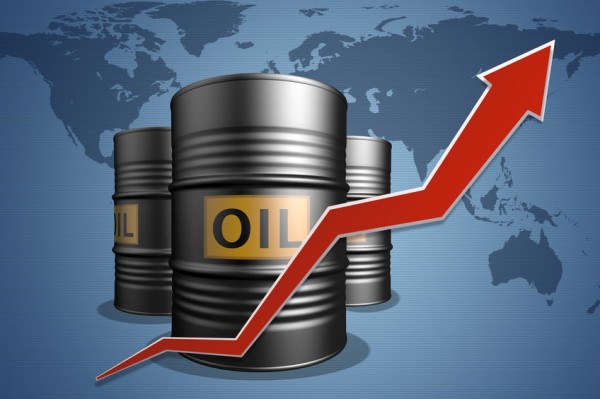Bahrain: 3 Billion BD Surplus in 2022 Budget, for Ruling Family Pockets or Public Interest?

2022-05-09 - 2:36 p
Bahrain Mirror (Exclusive): The International Monetary Fund (IMF) expects Bahrain's oil revenues to rise by 39% with the increase of oil prices, giving Bahrain wider options to deal with its financial crisis and public debt.
Bahrain will earn an additional $11 billion (4.1 billion dinars) in 2022.
The government has estimated this year's total budget deficit at 1.1 billion dinars, which means Bahrain will register an estimated budget saving of 3 billion dinars.
The surge in oil prices is expected to lead to the cancellation of scheduled government plans to resort to financial markets to borrow for the purpose of covering the deficit set in the draft budget approved last year.
The government is not transparent with regard to borrowing. Manama borrowed more than half a billion dinars in 2018 for its need to pay off the deficit, yet did not provide transparent data on how those amounts were spent.
Governments usually submit transparent plans to invest their financial savings in their public budgets, but this does not apply to the government in Bahrain.
A report published by Bahrain Mirror states that according to previous experiments, the Government transfers funds to disbursements and says they are confidential. These disbursements are often for the accounts of senior ruling family members or military spending.
There are no parliamentary oversight mechanisms in Bahrain in a way that would allow citizens to check if these amounts will be used for the public's benefit.
Normally, the Government can allocate the fiscal surplus to public debt, thereby reducing interest rates. Public debt interests represent the largest expenditure item in the state budget with about 750 million dinars per year.
The Government can also direct surpluses to finance public projects such as housing or medical services, or allocate them to social assistance programs, or reduce some taxes and fees.
What the government failed to reach from the break-even point through its fiscal plans in 2022, will be achieved by the sudden rise in energy prices due to the war in Ukraine, but the question is how will the government invest in this?
Today, the government enjoys broad options, if it really wants to invest those amounts in improving public finance management, quality of services or direct assistance.
In fact, all of this is in the hands of the ruling family only, which unfortunately has the right to spend those surpluses, in a country where wealth and decisions are unilaterally controlled by the ruling family and popular participation is absent.
- 2024-05-08Bahrain: One Step Forward, Two Steps Back
- 2024-05-06Ali Haji May Face Imprisonment Again on Charges of "Penetrating a Restricted Area"
- 2024-05-01Was the Resumption of Flights with Iraq Expected?
- 2024-04-20Recent Releases in Bahrain: Something Has Changed
- 2024-04-04Return of Repression to Bahrain's Streets with the Crown Prince and Prime Minister's Blessing